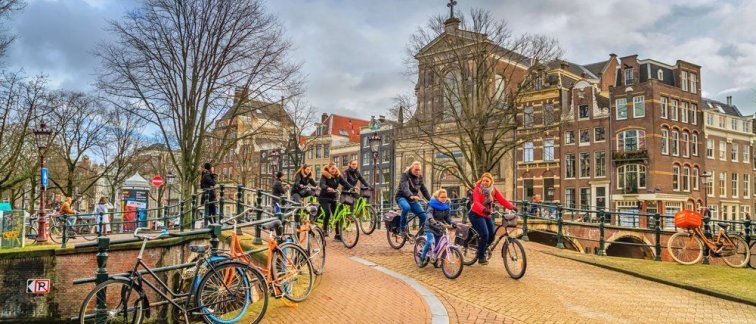Together with Amsterdam UMC, the city of Amsterdam strives to keep al inhabitants healthy. The differences in, for example, education level, income and migration background can all influence the health of the population. Therefore, it is not easy to answer the question: ”Is the ‘Amsterdammer’ healthy or not”.
It is not easy to explain the differences in health. Behavior plays a role, but other things like the living situation, the financial opportunities, culture and the social norm are of importance. All these factors influence health, which makes it a complex problem. Politicians often think that it is people’s own responsibility and that they can decide about their own health or unhealthy behavior, but research shows that there are big differences in health between regional areas.
To narrow the health inequalities, it is important to create policy which considers these differences. Amsterdam UMC currently joined the program ‘Amsterdam Vital and Healthy 2020-2024’, where the municipality, a health insurance company, healthcare providers and patients work together to give the inhabitants of Amsterdam 10 extra healthy years of living. For the themes ‘elderly care’ and ‘chronic diseases’ the Amsterdam UMC provides data.
Read the whole Q&A (in Dutch) at Amsterdam UMC vandaag .

